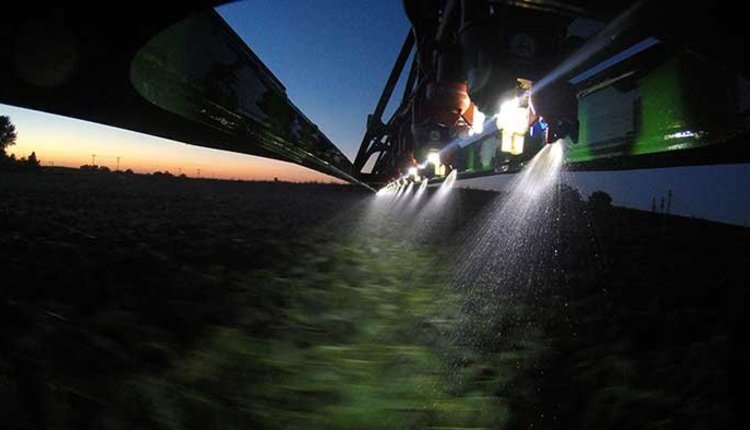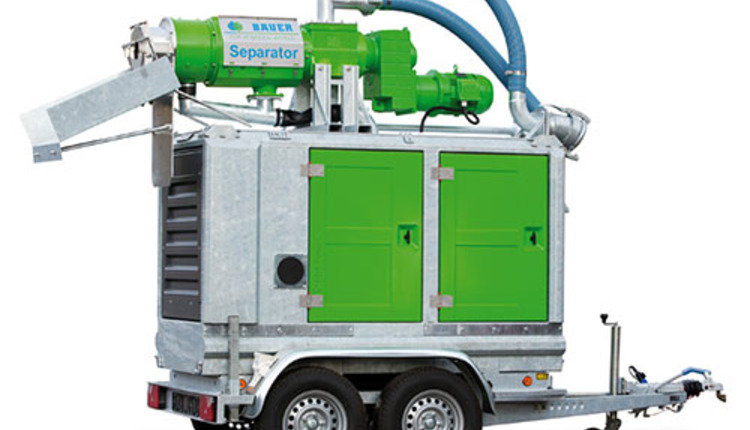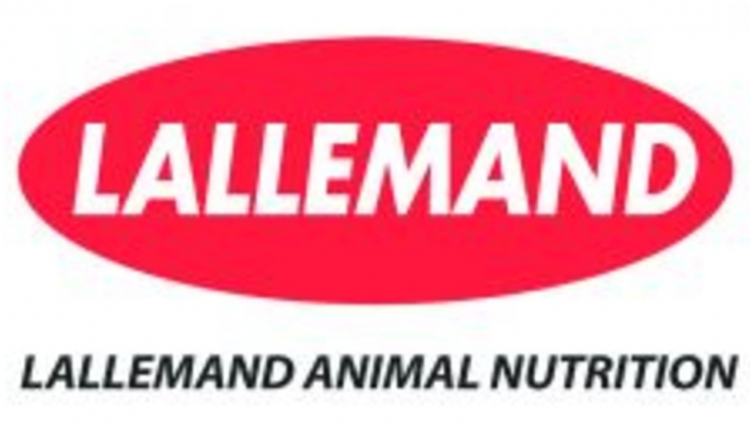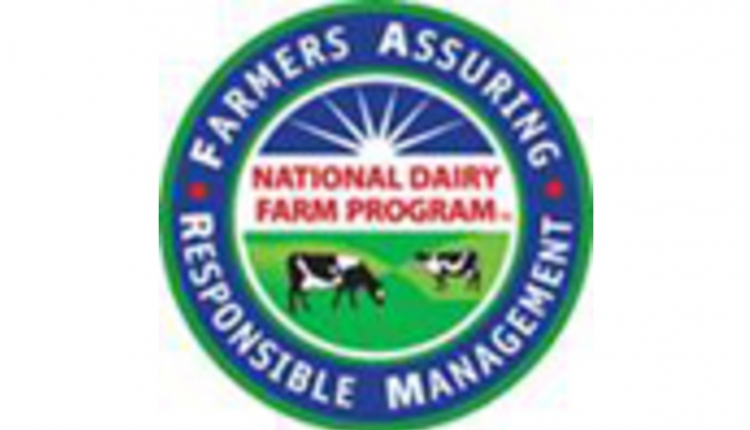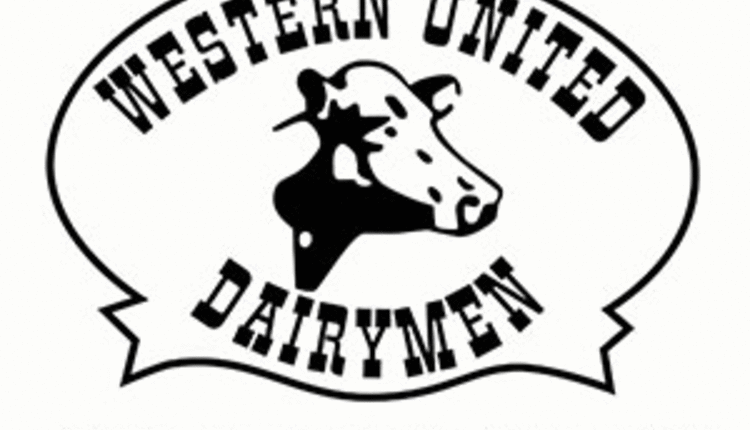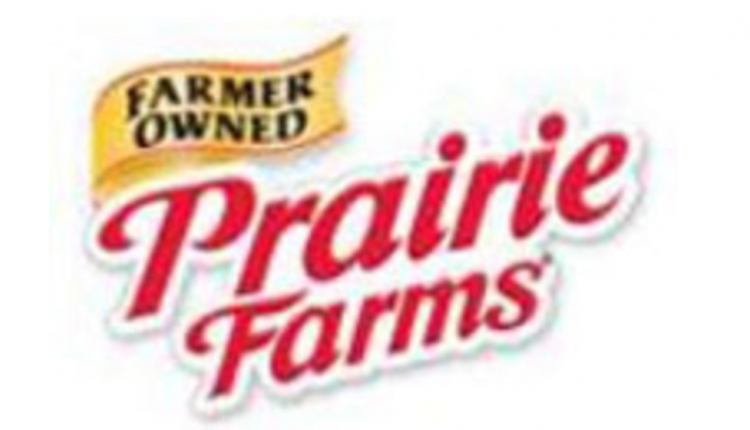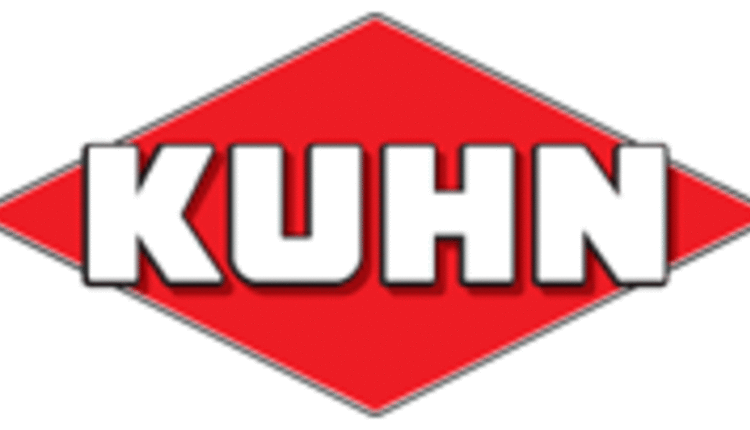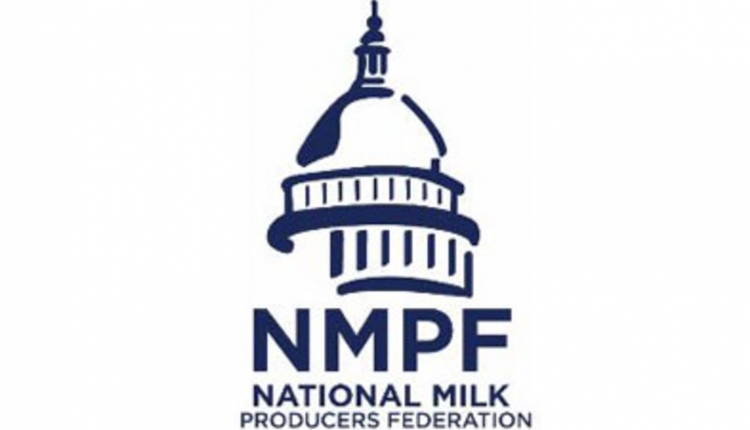Creator of Micro Dairy movement works to protect small farms in VT from new ACT 64 Legislation.
Steven Judge, a well-known Micro Dairy farmer with over 50 years of experience in the dairy industry and founder of Bob-White Systems, has always been an advocate for small farms and farmers. He's now turning that advocacy into a new campaign to support small farms in Vermont and ensure that new legislation, ACT 64, doesn't put small farms out of business.
"We believe it is time to puts the brakes on this ill advised runaway piece of legislation, take a deep breath and figure how it can be amended to make sense or repealed so we can start over with sensible legislation that will actually work," said Judge. "As long as we are trying in good faith to implement a law that will actually clean up Lake Champlain, the EPA will be patient. Also, the Conservation Law Foundation should not be comforted by Act 64 as it is currently written and they should certainly not use as it as basis for settling their lawsuit against the State of Vermont that demands that Lake Champlain be cleaned up."
In response to ACT 64 and the proposed RAPs, Judge and Bob-White Systems launched a Support Small VT campaign. A host of digital media as well as letters to editors and legislators around Vermont is available to small farms and supporters nationwide.
Support Small VT Campaign includes:
- New website: isupportsmallfarms.com
- Video series explaining the potential impact on small farmers
- Social media graphics
- #SupportSmallVT bumper stickers
- Letter to Editor and Legislator templates
According to Judge, most small farmers in Vermont don't understand the impact that ACT 64 or the associated Required Agricultural Practices (RAPs) could have on their farms. Act 64, signed into law in June 2015, directed the Vermont Agency of Agriculture, Food and Markets (VAAFM) to create a set of RAPs for Vermont farms; these rules are intended to reduce agriculture's impact on the state's waterways. The new RAPs will replace the Accepted Agricultural Practices (AAPs) which have been the regulatory framework for all farms since they were originally adopted in 1995 and then updated in 2006.
As written, Act 64 and the associated RAPs would require virtually all small farms in the state to either be regulated as an uncertified small farms (UFOs) or certified small farms (CFOs) by the VAAFM. Either way the level of regulation that will be imposed on Vermont's small farms by the Agency of Agriculture is unnecessary and historically unprecedented in Vermont and in the U.S.
Small farms and farmers will be subject to unwarranted and arbitrary searches along with requirements to file annual reports, attend classes, submit additional and mandatory soil and manure tests, etc. The VAAFM will also have the lawful right to dictate management practices to small farms regardless if they present a pollution problem or not. "Vermont's small farmers wouldn't have a valid basis for complaint if Act 64 and the accompanying RAPs offered the promise of improving the water quality of Lake Champlain and the other water bodies and ways of Vermont," said Judge. "But they won't. There are much larger forces at work degrading Vermont's water quality that Act 64 fails to address."
Judge strongly agrees that farms, no matter their size shouldn't be allowed to pollute. However Judge feels that Vermont's small farms are not the big offenders. "The main focus of Act 64 should be to first clean up Lake Champlain, as the EPA and others are demanding," said Judge. "The next priority is the Lake Memphremagog basin, then the Connecticut River basin, and finally the Hudson River Basin. Of course water quality regulations should apply equally to all farms in all regions of the state which makes it all the more important that they be effective and make sense. There is no reason to single out and impose unprecedented, unworkable and unenforceable regulations on Vermont's small farms. It will be an administrative nightmare that will create hard feelings for years to come."
Judge has developed several recommendations to amend ACT 64:
- Require cover crops for all land that would otherwise be left open during the late fall, winter and early spring.
- Prohibit the spreading of manure bare ground outside of the growing season.
- Allow the spreading of manure outside of the growing season until December 1st and after April 1st only on fields that have cover crops or perennial crops that are capable of retaining the manure and preventing runoff.
- Develop state programs that will provide incentives for farmers in the Champlain Valley and other sensitive regions of the state to plant perennial forage crops such as hay, trefoil and alfalfa instead of corn. Limit the intervals that those fields can be plowed to every three or five years.
- In 2014, 50,000 tons of commercial fertilizer was applied to Vermont's cropland. The spreading of commercial fertilizer must be carefully regulated and commercial applicators should be required to receive training and be certified.
Judge has long advocated that small farms are the growth segment of agriculture all across the country and are largely responsible for the revival of agriculture and local food production in Vermont. "They contribute to our local economies, maintain our working landscapes, and produce fresh and delicious milk and dairy products for our communities. Most have a very low impact on the environment. Let's nurture them and not legislate or micro manage them out of business," said Judge.
About Bob-White Systems
Bob-White Systems provides innovative equipment, supplies, technology and resources for the local production of safe, farm-fresh dairy products. Bob-White Systems, creators of the LiLi pasteurizer, provides farmstead dairy consulting services and affordable small-scale dairy equipment including bulk tanks, portable milking equipment, dairy and cheese making supplies for Micro Dairies milking cows, sheep, goats and even water buffalo. Inspired by the Slow Food movement, Bob-White Systems supports local, farmstead dairy farmers across the country and aims to increase the availability of locally- produced, safe and delicious farm-fresh milk, cheese and yogurt. To learn more about the company, visit them online at bobwhitesystems.com, on Facebook at Facebook.com/FarmsteadDairy and on Twitter
@FarmsteadDairy.
2.9.2016
